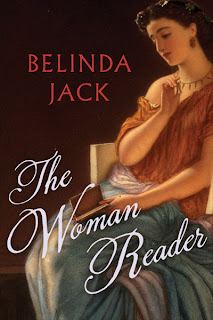Between Ecstasy and Truth
TLS October 19 2012
from Llewelyn Morgan's review of Stephen Halliwell's Between Ecstasy and Truth: Interpretations of Greek poetics from Homer to Longinus:
Homer's works were already, alongside everything else, a meditation on poetry's power to transform the pain and impermannence of mortal existence into kosmos, a lasting order or design. An overarching theme of Halliwell's discussions is the tension repeatedly diagnosed by Greek thinkers between poetry's capacity to transport its audience to another psychological place and its claim to offer insight into the truths of this existence, the "ecstasy and truth" of his title. Homer himself fails, ultimately, to square these two principles, and Halliwell arrestingly ties Homeric poetics to the figure of the Muse, an embodiment of poetry transcendent and beautiful, but representing a resolution only truly achievable on a divine plane, and only glimpsed by mortals.
*
However we choose to think about it, as the Muse, or as a peculiar sensation in the pit of the stomach, what the Greeks were reaching for, in Halliwell's paraphrase of Plato, was "something in poetry which resists fully rational analysis by anyone".
***
from Frances Wilson's review of Belinda Jack's The Woman Reader:
There are hundreds of visual depictions of the woman reading, all of which explore the strange dissolution of time and space--what Michel de Certeau calls the neither "here nor there"--that occurs when we are lost in a book but, as Jack reminds us, the male reader transported by his text is rarely the occasion for a painting. The reading reverie is a state associated only with femininity.



Comments